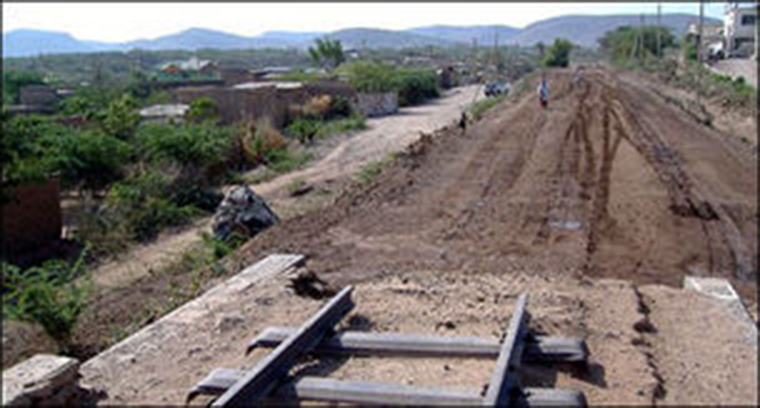Published: November 7, 2014
Country secures US$865mn to develop rail infrastructure.
Ethiopia’s railway infrastructure programme has received a boost in the form of a US$865mn package to help develop a 400-km railway line, comprising commercial lending and an export credit facility.
The deal is the largest syndicated loan ever secured by an Ethiopian government body and has given banks eager to tap into the country’s growth a welcome chance to do so.
The only country in Africa never to be colonised, Ethiopia is an unknown quantity to many investors. But with a population of 94.1mn – comprising 80 ethnic groups speaking 90-plus languages – and a rate of GDP growth that has stood above 8% for the past decade and should pick up ever more in the coming years, its potential is difficult to ignore.
Unlike most countries on the continent, Ethiopia’s success hasn’t come on the back of hydrocarbon reserves but through manufacturing (though the country does benefit from modest gold reserves). Growing production in agricultural goods such as cut flowers, sugar and textiles – leather in particular – helped the country’s total exports to rise by 20% in 2012 and 2013, which equated to about US$3bn last year.
This growth is especially impressive given Ethiopia’s geographical position. In 1992, the formation of Eritrea to the north-east took away the country’s coastline and the enmity caused by a two-year war, from 1998 to 2000, ensured that Eritrea’s ports of Assab and Massawa remain off limits to Ethiopia’s importers and exporters. The only other option is the port at Djibouti, a tiny country just south of Eritrea, but high freight handling costs and poor connecting infrastructure mean that as of 2012, it cost more to move freight from the Ethiopian capital Addis Ababa to Djibouti than from China to Djibouti.
In 2011 the Ethiopian Railways Corporation (ERC) embarked on a long-term rail infrastructure programme, the main aim of which is to ease the flow of goods to Djibouti. The first tracks on the Addis Ababa to Djibouti line were laid in May this year, with China Civil Engineering Construction Company chosen as chief contractor. Now ERC has secured its US$865mn financing package to help develop a 400-km railway line that joins Woldia in the northern Amhara region with Awash near Addis Ababa.
The financing comes in two tranches – a US$450mn, seven-year commercial facility backed by 10 lenders from Europe, Africa, the Middle East and the US; and a 13-year, US$415mn export credit facility backed by the Swedish Export Credit Guarantee Board, Denmark’s EKF and Swiss Export Risk Insurance. Mandated lead arrangers on the second tranche were Credit Suisse, ING Bank and KfW IPEX-Bank. Turkey’s Yapi Merkezi Insaat is lead contractor on the project, which is expected to be completed in three years.
The facility is guaranteed by the Ethiopian government, so was essentially priced on the sovereign curve, and complies with the Equator Principles, a risk management framework designed to ensure a reasonable amount of due diligence with regard to the social and environmental impacts.
“There hadn’t been a lot out there on a truly international scale and obviously there aren’t many instruments through which to get exposure to Ethiopia,” says Edward Kelly, managing director of the emerging markets syndicate team at Credit Suisse. “A lot of [participating banks] were very aware of Ethiopia and were just looking for the right opportunity to participate in Ethiopian risk.”


